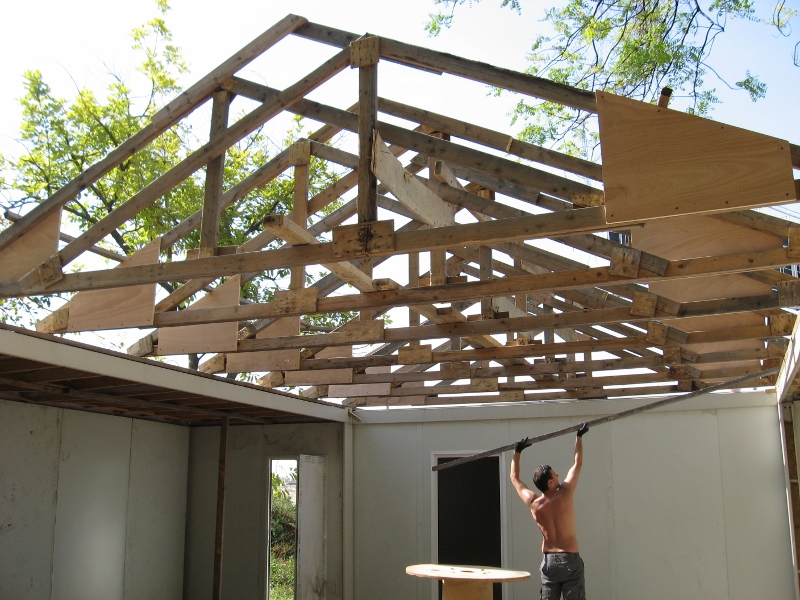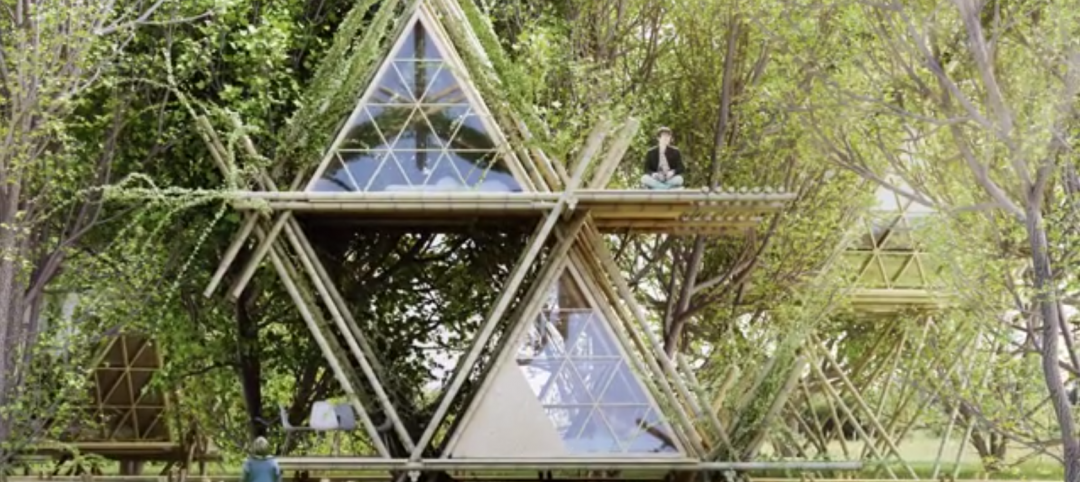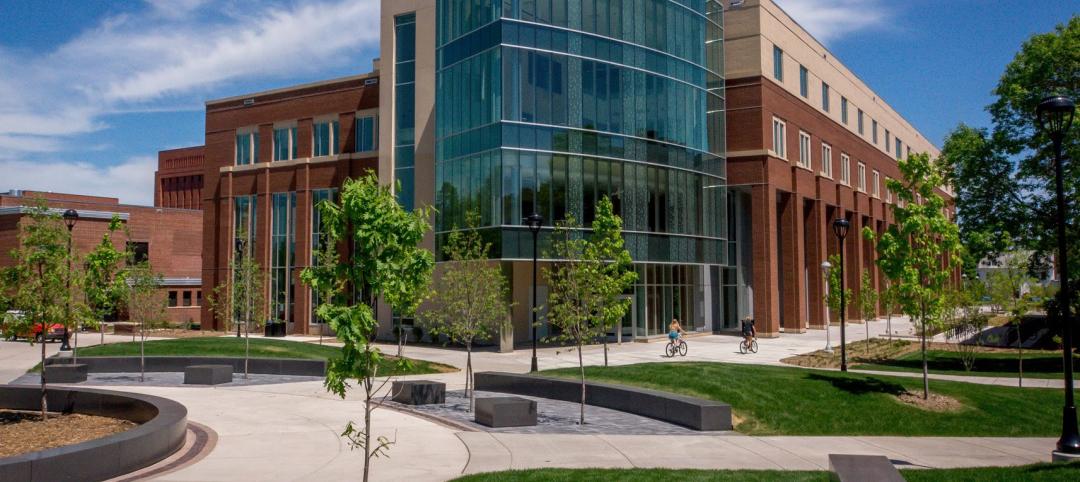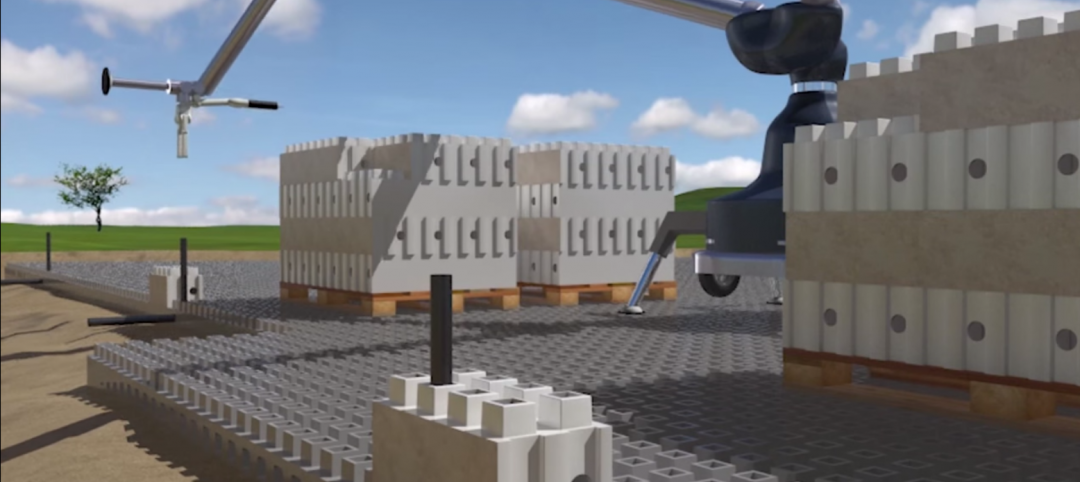The Architects Foundation, along with the American Institute of Architects (AIA) and the Association of Collegiate Schools of Architecture (ACSA), launched a nationwide request for partnership to add three more members to its National Resilience Initiative (NRI). The initiative is a network of resilient design studios that help communities become more resilient to natural disasters and climate change.
Founded in 2013 as a Clinton Global Initiative commitment, the NRI network will gather existing university-based design centers that work planning, facilitation and project implementation within their communities. The NRI’s goal is to pass along resilience design ideas and planning approaches that can be shared with local communities.
Currently, there are three existing NRI studios - Mississippi State (Gulf Coast / Southern Region), The University of Arkansas (Lower Mid-West Region), and the New Jersey Institute of Technology (East Coast Region). The Foundation recently issued its first annual report on what the NRI studios have achieved, and a map of the network and the risks being addressed by each studio can be found here.
In issuing its first request for partnerships, the Foundation searching for three university-led, multi-disciplinary teams to implement the second phase of the NRI. In this phase, the Foundation is looking to find the next three studios for the Mid-Atlantic, Upper Mid-West and Pacific Northwest regions.
“These new studios — along with the three existing NRI studios — will represent the six regional areas of need for resilience planning within the ten federal regions designated as disaster-prone areas by the Department of Housing and Urban Development (HUD) and the Federal Emergency Management Agency (FEMA),” said Architects Foundation Executive Director Sherry-Lea Bloodworth Botop. “These six members will form a strong resilient studio network backbone right where it’s needed most.”
Applications are now being accepted through January 7, 2016. A selection announcement is expected by mid-February. The first annual convening of all six NRI charter members will take place in early May at Architects Foundation headquarters in Washington, D.C.
Related Stories
| Jul 15, 2014
A look into the history of modular construction
Modular construction is more than a century old, and throughout its lifespan, the methods have been readapted to meet specific needs of different eras.
| Jul 15, 2014
AECOM to buy URS Corporation in $6 billion deal
Together, the firms will form a massive global giant with more than $19 billion in revenue and 95,000 employees in 150 countries.
| Jul 14, 2014
Meet the bamboo-tent hotel that can grow
Beijing-based design cooperative Penda designed a bamboo hotel that can easily expand vertically or horizontally.
| Jul 14, 2014
Foster + Partners unveils triple-glazed tower for RMK headquarters
The London-based firm unveiled plans for the Russian Copper Company's headquarters in Yekaterinburg.
| Jul 14, 2014
Toyota selects developer for its new North American headquarters in Plano, Texas
Toyota announced that it has selected Dallas-based KDC Real Estate Development & Investments to develop its new North American headquarters campus in the Legacy West development in Plano, Texas.
| Jul 13, 2014
Punishing deadline can’t derail this prison health facility [2014 Building Team Awards]
A massive scope, tough schedule, and technical complexity fail to daunt the Building Team for a huge California correctional project.
| Jul 11, 2014
First look: Jeanne Gang reinterprets San Francisco Bay windows in new skyscraper scheme
Chicago architect Jeanne Gang has designed a 40-story residential building in San Francisco that is inspired by the city's omnipresent bay windows.
| Jul 11, 2014
$44.5 million Centennial Hall opens at University of Wisconsin-Eau Claire
Centennial Hall houses the College of Education and Human Sciences and consolidates teacher education. It is the first new academic building on the UW-Eau Claire campus in more than 30 years.
| Jul 11, 2014
Are these LEGO-like blocks the future of construction?
Kite Bricks proposes a more efficient way of building with its newly developed Smart Bricks system.
| Jul 10, 2014
BioSkin 'vertical sprinkler' named top technical innovation in high-rise design
BioSkin, a system of water-filled ceramic pipes that cools the exterior surface of buildings and their surrounding micro-climates, has won the 2014 Tall Building Innovation Award from the Council on Tall Buildings and Urban Habitat.

















